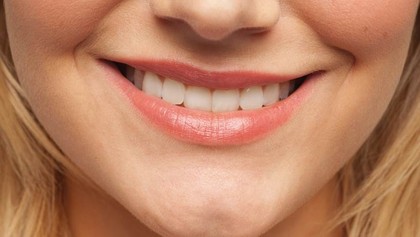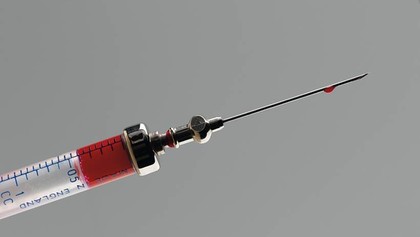Dentures and fillings might soon be a thing of the past -- Looking after your teeth is a daily battle -- brushing, flossing, mouth-washing - but tooth decay is almost inevitable. Good news, then, that researchers from King's College London have managed to actually grow new teeth using human gum epithelial cells and special mouse cells. The mouse cells instructed the human gum cells to grow into new teeth, and that's exactly what they did, complete with viable roots and enamel-coated crown. Unfortunately scientists think that it'll be another 10 to 15 years before your dentist will have access to this kind of therapy, so you'll need to hang onto your nashers for just a little bit longer. [Journal of Dental Research]

How many times can you clone a mouse? 580, apparently -- A mouse has smashed the cloning record books by being cloned 580 times across 25 generations. All the clones were viable, healthy, and could mate and birth pups normally. This shows that cloning could be a viable technique for reproduction, especially in agriculture. For instance, a particularly good dairy super-cow could be cloned into an army of super-cows producing milk in much large volumes. The secret is apparently a chemical that resets the cloned nucleus containing your DNA of choice back to an embryonic state. The next step is to attempt to clone the mice from fur, stuffed animals and mouse poop, which certainly would be a game changer. [Stem Cell]
Fancy doing a bit of genetic engineering? Download yourself a gene -- Ever since the discovery of DNA, followed by the sequencing of genomes, scientists have been genetically engineering model organisms like E. coli to produce all sorts of things, with varying degrees of success. Now a store has opened up from which you can actually download standardised genes and the pre-leading DNA sequences - upstream and downstream elements like promoters and regulators - that make them work. This is a massive step forward in synthetic biology and should help speed up certain types of research no-end. Soon we might even get to the stage where anyone could download genes, and with a few tutorials and basic tools, stick them into cells of their choosing. We're apparently 3D-printing stuff at home, so why shouldn't we make our own glowing microbes? [Nature]

Sign up for breaking news, reviews, opinion, top tech deals, and more.